Issue #3: The Latest in Critical Care, 6/5/23
PulmCCM
JUNE 5, 2023
Corticosteroids for community-acquired pneumonia have been studied with inconclusive results, and expert guidelines currently advise against their use except in patients with refractory septic shock. Patients with septic shock or influenza were excluded. standards of care. Patients with secondary pneumothoraces (e.g.,





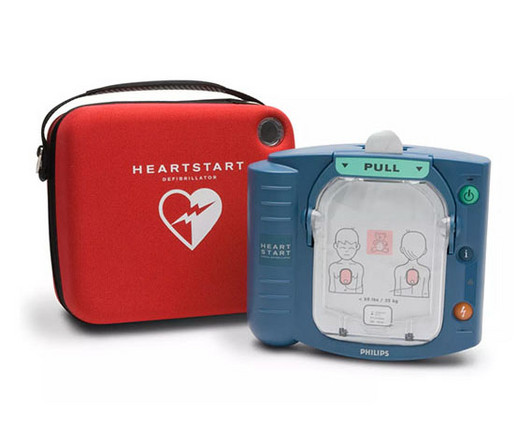

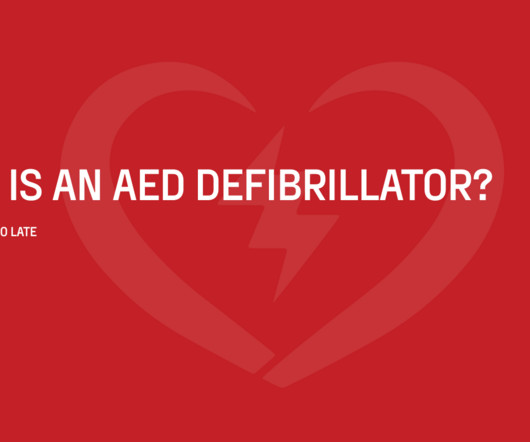
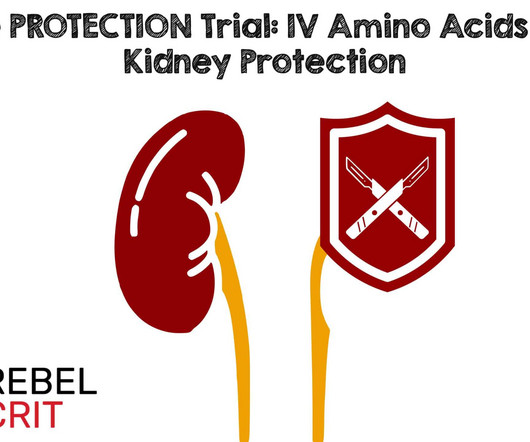
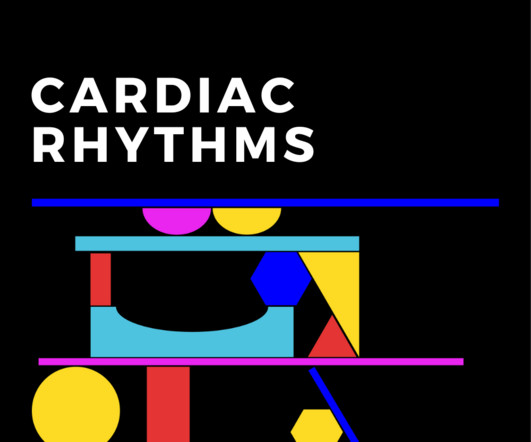
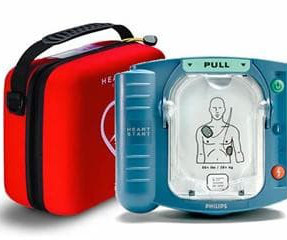
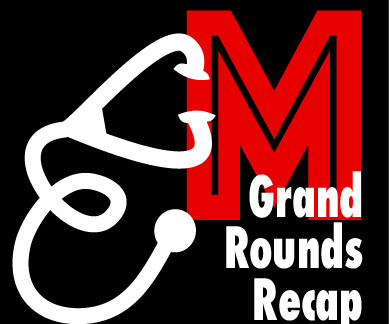





















Let's personalize your content